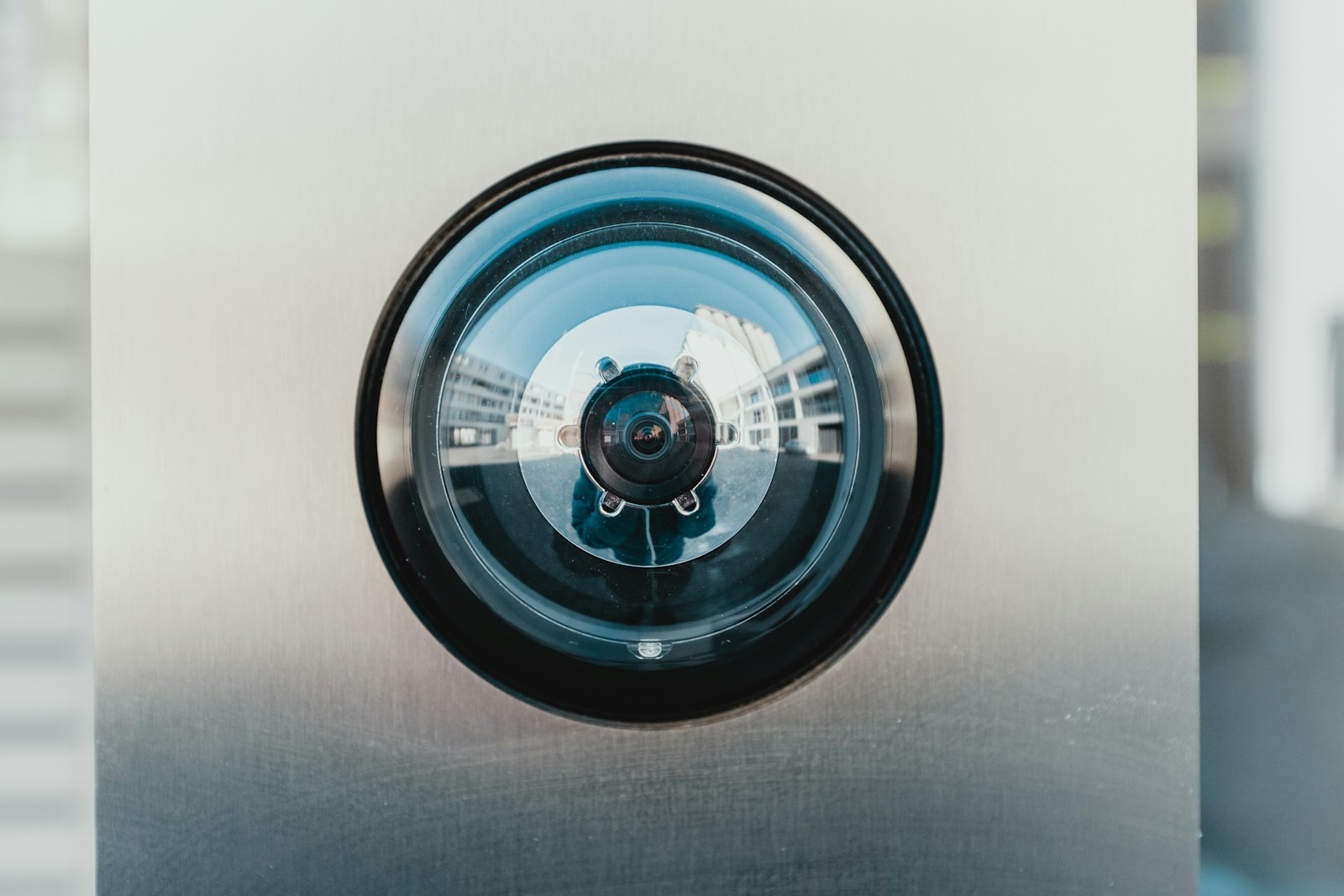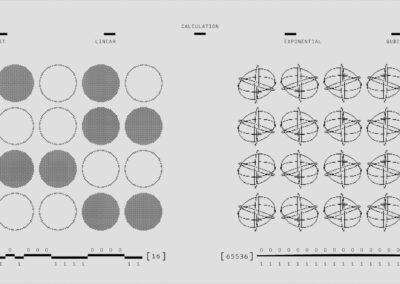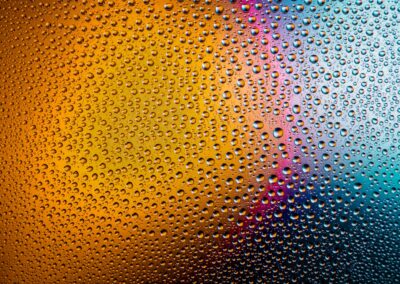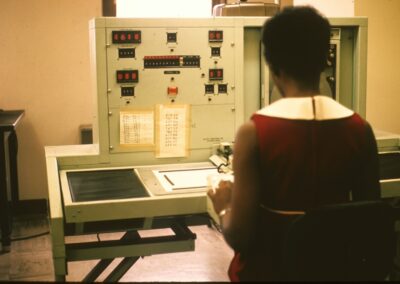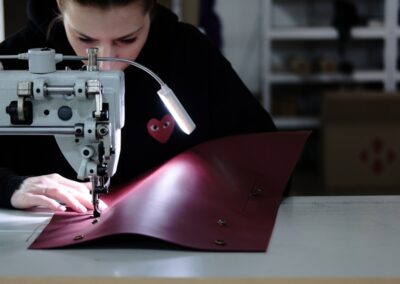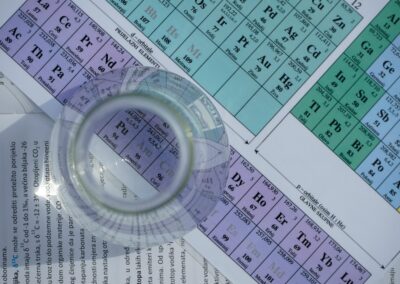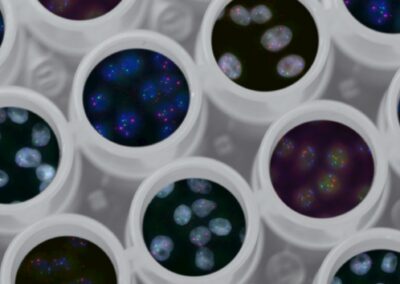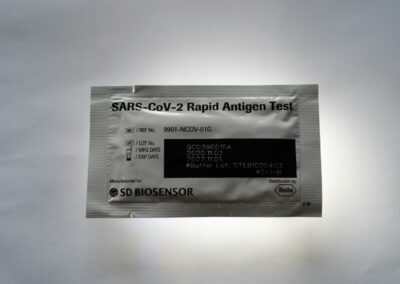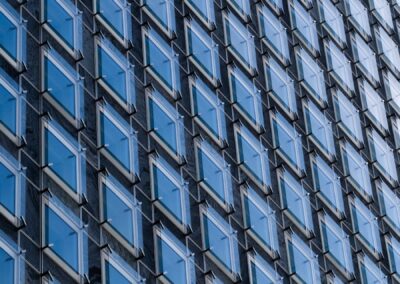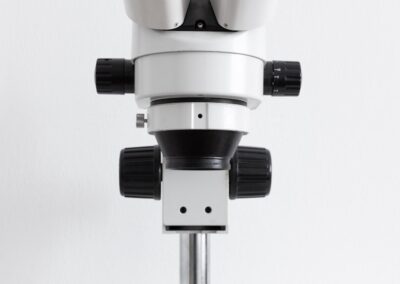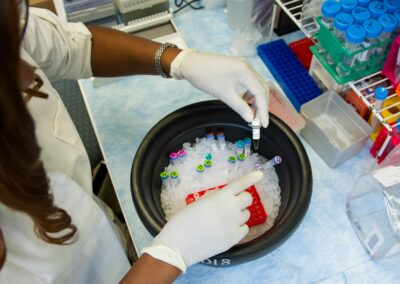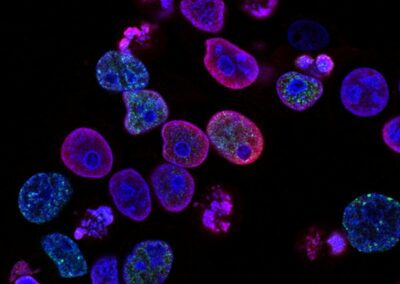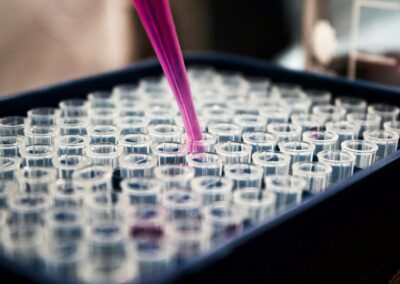Revolutionizing Industries with Nanomaterials
Enhanced Mechanical Properties
Nanomaterials exhibit enhanced mechanical properties such as increased strength, durability, and flexibility, which make them highly valuable for various industrial applications. In Saudi Arabia and the UAE, where infrastructure development and technological innovation are paramount, incorporating nanomaterials into construction and manufacturing processes can significantly improve the performance of materials. For instance, carbon nanotubes and graphene can be used to create composites that are much stronger and lighter than traditional materials. This enhancement allows for the development of high-performance construction materials and lightweight automotive components, contributing to greater efficiency and sustainability.
Improved Electrical Conductivity
The electrical conductivity of nanomaterials is another unique property that is driving innovation in electronics and energy sectors. In regions like Riyadh and Dubai, where there is a strong push towards renewable energy and smart technologies, nanomaterials such as silver nanowires and graphene can be used to create more efficient solar panels and batteries. These materials can enhance the performance of electronic devices by providing better conductivity and faster electron transfer rates. By integrating nanomaterials into energy storage and generation systems, businesses can develop cutting-edge solutions that support sustainable energy initiatives and improve overall energy efficiency.
Superior Chemical Reactivity
Nanomaterials exhibit superior chemical reactivity due to their high surface area to volume ratio, making them ideal for applications in catalysis and environmental remediation. In Saudi Arabia and the UAE, where environmental sustainability is a key strategic goal, nanomaterials can be used to develop more effective catalytic converters and pollution control systems. For example, titanium dioxide nanoparticles are used in photocatalytic processes to break down pollutants in water and air. This application not only helps in reducing environmental pollution but also supports the development of cleaner industrial processes. By leveraging the unique chemical properties of nanomaterials, businesses can contribute to environmental sustainability and regulatory compliance.
Targeted Drug Delivery Systems
Nanomaterials are revolutionizing healthcare by enabling the development of targeted drug delivery systems. In the healthcare sectors of Saudi Arabia and the UAE, where personalized medicine is a growing focus, nanomaterials such as liposomes and dendrimers can be engineered to deliver drugs precisely to the targeted cells. This targeted approach reduces side effects and improves the efficacy of treatments, particularly for complex diseases such as cancer. By adopting advanced drug delivery systems based on nanomaterials, healthcare providers can offer more effective and personalized treatments, enhancing patient outcomes and advancing medical innovation.
Enhanced Diagnostic Tools
The unique optical and magnetic properties of nanomaterials are being harnessed to develop enhanced diagnostic tools. In Riyadh and Dubai, where early diagnosis and preventive healthcare are emphasized, nanomaterials such as gold nanoparticles and quantum dots are used to create highly sensitive imaging agents and biosensors. These diagnostic tools can detect diseases at their earliest stages, allowing for timely and accurate medical interventions. By integrating nanomaterials into diagnostic technologies, healthcare providers can improve the accuracy and efficiency of disease detection, leading to better patient management and overall healthcare outcomes.
Advancements in Tissue Engineering
Nanomaterials are also playing a crucial role in tissue engineering and regenerative medicine. In the innovative healthcare environments of Saudi Arabia and the UAE, nanomaterials such as nanofibers and hydrogel scaffolds are used to support the growth and regeneration of tissues and organs. These materials provide a conducive environment for cell proliferation and differentiation, making them ideal for developing artificial tissues and organs. By leveraging the unique properties of nanomaterials, researchers and healthcare providers can advance tissue engineering technologies, offering new solutions for treating injuries and degenerative diseases, and improving the quality of life for patients.
#Nanotechnology #UniqueProperties #AdvancedMaterials #SaudiArabia #UAE #Riyadh #Dubai #Innovation #Technology #BusinessSuccess #Healthcare #EnergyEfficiency




